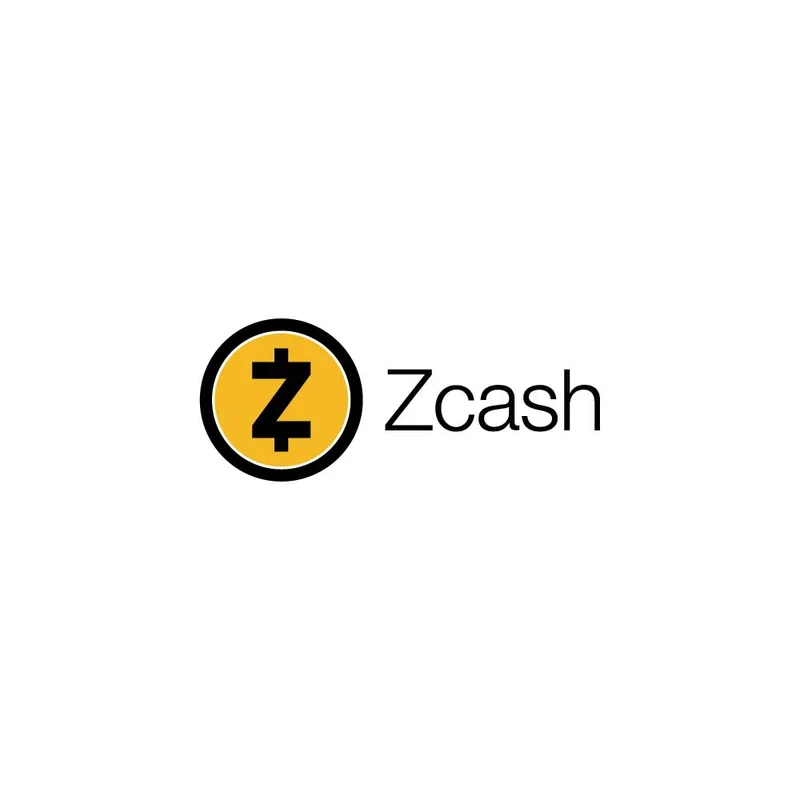Arthur Hayes, never one to shy away from a bold prediction, has thrown down the gauntlet: Zcash (ZEC) could be worth 10-20% of Bitcoin's value someday. Now, I know what some of you are thinking: "Another crypto prediction? Yawn." But hold on a second, because this isn't just about price targets; it's about a fundamental shift in how we think about digital finance.
Hayes' statement is basically a bat-signal to the market, a call to recognize the potential of privacy-focused cryptocurrencies. Is Zcash undervalued right now? The buzz online certainly suggests some people think so. But more importantly, it raises a much bigger question: Are we finally ready to embrace true financial privacy?
Think about it. Every transaction you make with a credit card, every online purchase, every bank transfer – it's all tracked, analyzed, and stored. Now, I'm not suggesting any nefarious intent here, but that data is vulnerable. Data breaches happen. Governments can subpoena records. And frankly, some of us just prefer to keep our financial lives private. Is that too much to ask?
This is where Zcash comes in. It's designed from the ground up to provide strong privacy, using zero-knowledge proofs – or, to put it in plain English, a way to verify transactions without revealing any information about the sender, receiver, or amount. It's like sending a sealed letter; the recipient knows it's from you, but no one else can read what's inside.
Now, some critics argue that privacy coins are only useful for illicit activities. But that's like saying encryption is only useful for criminals. Privacy is a fundamental human right, and it's essential for a healthy, functioning society. Imagine a world where journalists can't protect their sources, where activists can't organize without fear of reprisal, or where ordinary citizens can't donate to causes they believe in without being targeted.
The comparison with XRP is an interesting one, and one that's been debated hotly online. XRP, with its focus on fast payments and partnerships with banks, represents the existing financial system's attempt to modernize. Zcash, on the other hand, is more like a parallel system, one built on the principles of privacy and decentralization. It's the difference between upgrading the highway and building a whole new road.

One analyst suggested that both XRP and Zcash can exist in a portfolio together, and I think that's a smart way to look at it. Is It Time To Sell XRP And Buy Zcash? - TradingView XRP has made considerable strides in real-world use, securing partnerships with banks and demonstrating its capabilities in global events. It's designed for global payments and cross-border transfers, making it a practical solution for many businesses. However, for those who prioritize privacy above all else, Zcash offers a compelling alternative.
The decision to switch from XRP to ZEC depends heavily on the investor's risk tolerance and investment horizon. Long-term utility investors may favor XRP's stability and real-world applications, while higher-risk speculators might be drawn to Zcash's potential for significant price appreciation, driven by increasing demand for privacy solutions.
What’s particularly exciting is seeing the community's reaction. Amidst the usual crypto chatter, there’s a real sense of… well, hope. I saw one comment on a Zcash Reddit thread that really resonated: "Zcash is not just a coin; it's a statement about the future we want to build." That's the kind of sentiment that gets me out of bed in the morning! This is the kind of breakthrough that reminds me why I got into this field in the first place.
But with great power comes great responsibility. As privacy technologies become more sophisticated, we need to have serious conversations about how to prevent their misuse. How do we balance the right to privacy with the need to combat crime? How do we ensure that these tools are used for good, not evil?
Zcash, like Bitcoin before it, isn't just about technology; it's about a vision. A vision of a world where individuals have more control over their financial lives, where privacy is the default, and where the power of money is truly decentralized. And who knows, maybe Hayes is right. Maybe Zcash really will be worth 10-20% of Bitcoin someday. But even if it doesn't, the conversation it's sparking is invaluable.
It's time we started taking privacy seriously. The technology is here, the demand is growing, and the potential is enormous. Are you ready to embrace the privacy revolution?